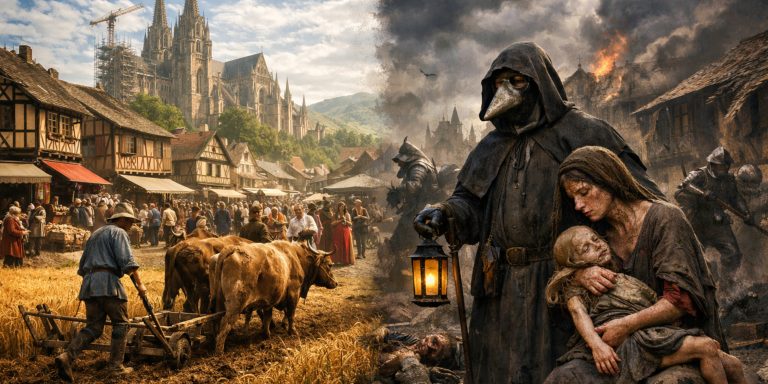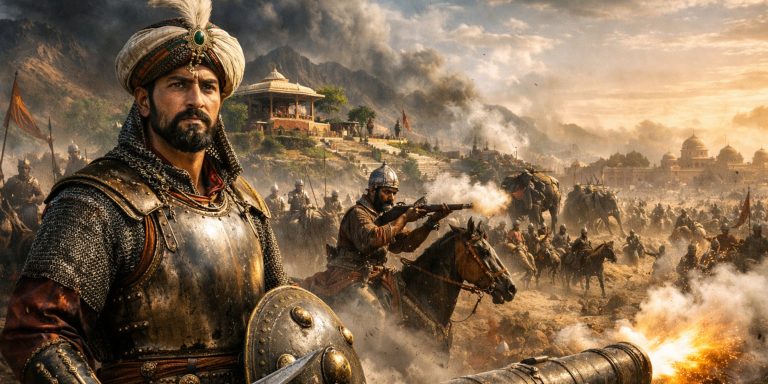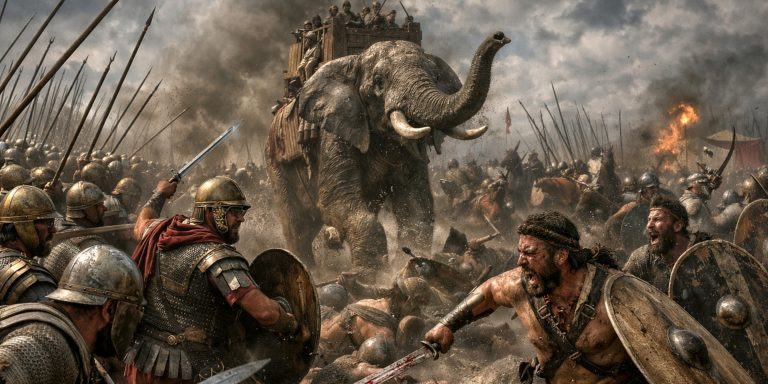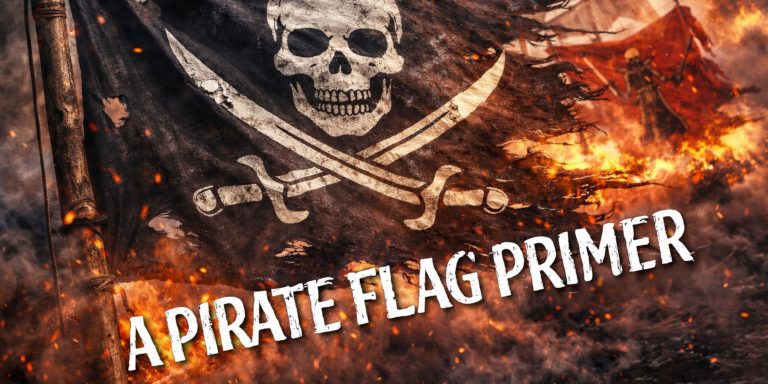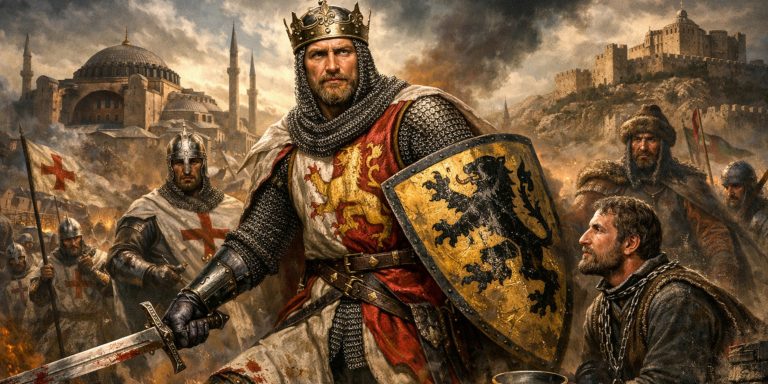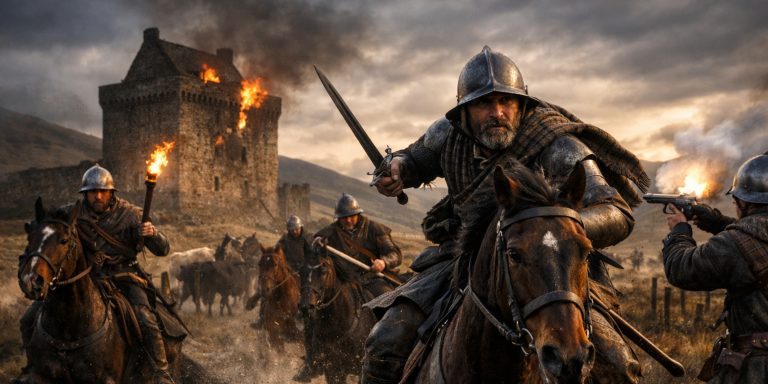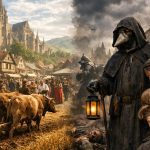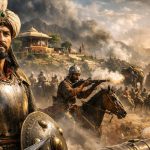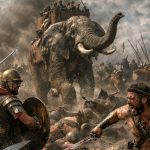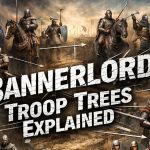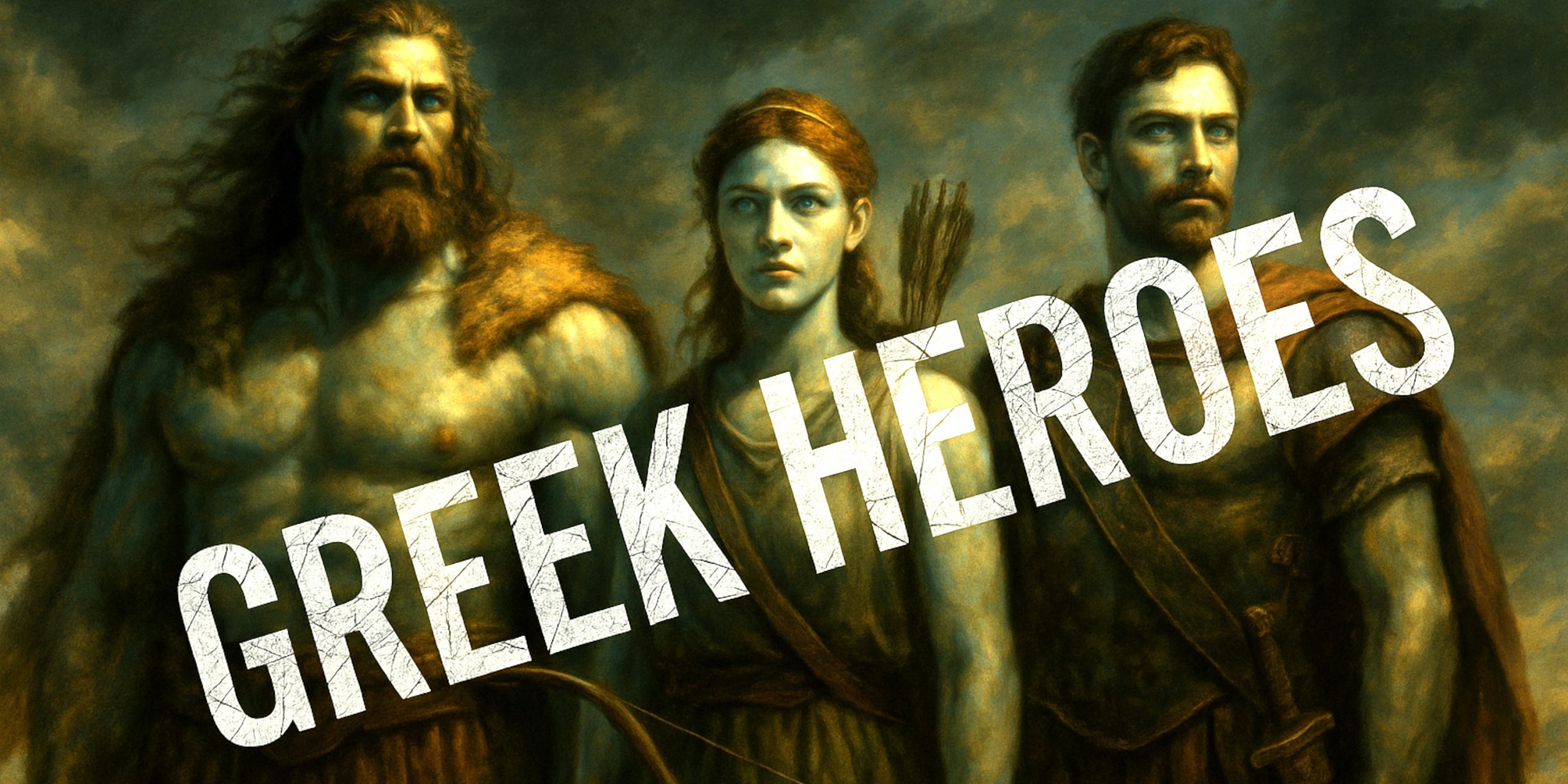
Greek heroes were rarely perfect, and that is precisely why they endure. They were mortals caught between glory and doom, shaped by the whims of gods and the frailty of their own egos. Their tales speak of courage, obsession and, occasionally, sheer stupidity. Each stands as a mirror to humanity’s best and worst instincts, dressed in bronze armour and pride.
Achilles – The Beautiful Rage
The son of Peleus and the sea nymph Thetis, Achilles was the ultimate contradiction: half-divine and half-human, invincible except for the infamous heel. His rage at Troy, kindled by wounded pride, remains one of literature’s most impressive temper tantrums. He killed Hector with divine precision, then sulked with divine flair.
In many ways, Achilles represents the ideal Greek hero, glorious, doomed and excessively emotional. Even in death, he was defined by his own sense of drama.
Odysseus – The Cunning Wanderer
Odysseus was the man who turned warfare into a chess match. While others relied on brute strength, he favoured strategy, manipulation and occasionally, deceit. The Trojan Horse was his brainchild, proving that intelligence could be more destructive than a thousand spears.
His ten-year journey home, filled with sirens, cyclopes and ill-tempered gods, tested his endurance and his sanity. Odysseus was less about muscle and more about the power of persistence, a quality anyone who’s ever tried to catch a delayed ferry in the Aegean can appreciate.
Heracles – The Reluctant Demigod
Heracles (or Hercules, if you prefer the Romanised version) was born of Zeus and yet never truly free of the trouble that came with divine parentage. Famous for his Twelve Labours, Heracles battled lions, hydras and his own temper. His strength was monumental, his remorse equally so.
His life was a constant cycle of atonement, each labour an attempt to scrub his conscience clean. Few heroes killed so many monsters, and fewer still were so haunted by their victories.
Perseus – The Slayer of Monsters
Before superheroes, there was Perseus, the original monster-slayer. Armed with gifts from the gods, a mirrored shield, winged sandals and Hermes’ sword, he decapitated Medusa, one of mythology’s most fearsome creatures.
Perseus’ tale is one of divine favour and human audacity. He not only beheaded a Gorgon but managed to rescue Andromeda from a sea monster while balancing parental trauma and prophecy. Quite a résumé.
Theseus – The Pragmatic Prince of Athens
Theseus was the Athenian answer to the messy heroism of the age. He killed the Minotaur, unified Attica and redefined kingship. He was clever, bold and, like most Greek heroes, occasionally appalling in his decision-making.
His abandonment of Ariadne after she helped him escape the labyrinth remains one of mythology’s less romantic gestures. Yet his contributions to Athenian identity were immense. He embodied the civic hero, the man who used intelligence and bravery to build rather than merely destroy.
Jason – The Charismatic Catastrophe
Jason had everything going for him: a noble lineage, a quest for the Golden Fleece, and a ship full of legends (the Argonauts). Yet he managed to lose it all through hubris and poor romantic judgment. His partnership with Medea began as a love story and ended as a tragedy of operatic proportions.
Jason is the reminder that charisma without conviction is a dangerous thing. He could lead men across the seas but failed to navigate his own household.
Atalanta – The Swift Huntress
Atalanta stands apart from her male counterparts as a rare female hero who thrived in the world of men. Abandoned as a child, she was raised by bears and grew into a formidable huntress. She joined the Calydonian Boar Hunt and later raced suitors to determine her husband, defeating all until one used divine trickery to win.
Atalanta’s tale speaks to independence and skill in a world that expected neither from women. Her speed was both her glory and her curse, an eternal symbol of freedom constrained by divine interference.
Bellerophon – The Fallen Rider
Bellerophon’s triumph over the Chimera should have secured his place among the immortals. Instead, his pride ensured his fall. Riding Pegasus, he attempted to ascend to Mount Olympus, only to be thrown back to earth.
His story is the Greek moral distilled: success invites hubris, and hubris invites disaster. Bellerophon’s fall is less about flight and more about the limits of ambition.
The Seven Swords Takeaway – The Cost of Immortality
Greek heroes lived loudly and died memorably. Their virtues were immense, their flaws catastrophic. They remind us that greatness and ruin are often bedfellows.
In truth, they were never just warriors or demigods, they were reflections of what the Greeks most feared and most desired: immortality through remembrance. And in that, they succeeded magnificently.
Watch the documentary:

